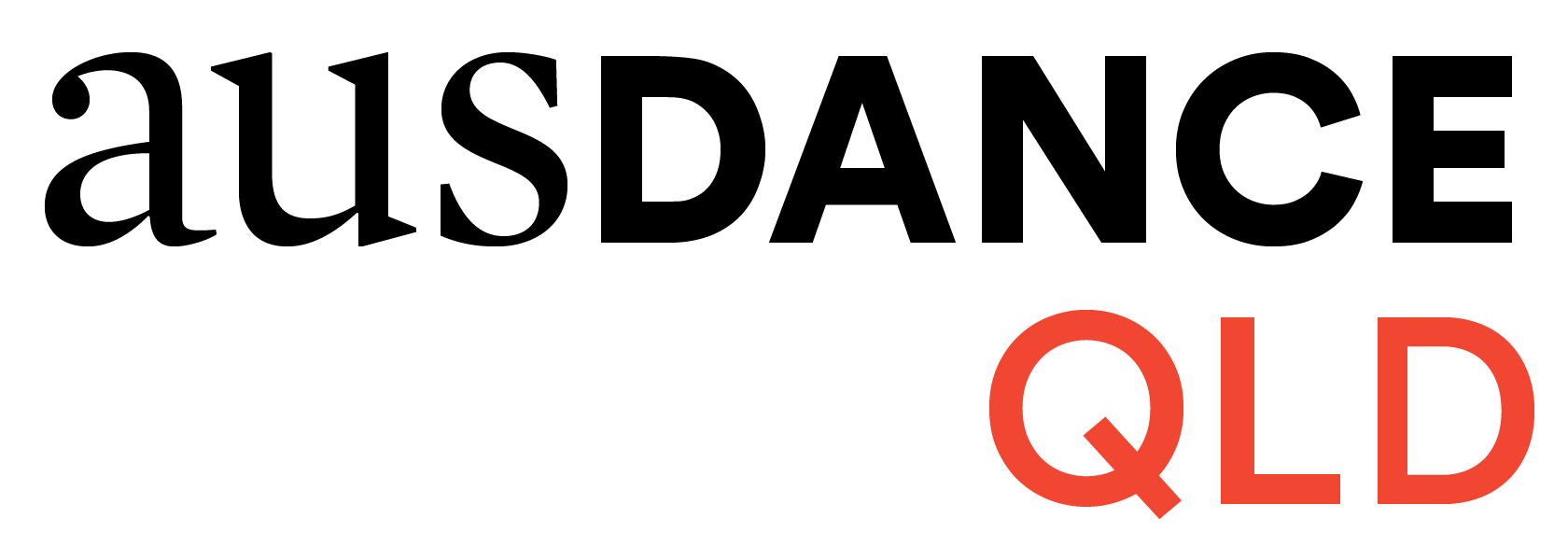IN|FORM | Letila Mitchell
Contributed by Letila Mitchell, Rako Pasefika Dance
My name is Letila Mitchell. I live in Brisbane and my place of origin is Fiji. I have been the artistic director/curator of a company called Rako which has worked with indigenous pacific artists in Fiji, Australia and New Zealand.
“Rako” is a Rotuman word and literally translated means school. For us it’s a safe space to create, learn and share our indigenous knowledge and to revitalise and sustain our creative practice. One of our main focuses at Rako Pasefika is to breathe new life into ancient art forms and skills, encourage innovation and the freedom to create new work
Our artists have been predominantly from Fiji, Rotuma, Tonga and Rabi but we have now begun to collaborate with artists from Rapanui, Tahiti, and other island nations.
How is dance a part of your life?
Dance has always been a part of our life in the Pacific Islands. You grow up dancing. It has also been a central part of professional life. Now as an artistic director, producer and curator, I find my joy in teaching, mentoring and guiding dancers. In connecting them to Indigenous storytelling, finding strong connections to place and using dance as a medium to advocate and carry messages of safeguarding our culture, our lands, and oceans. Recently my work has been centred around climate change adaptation, creating balance and unity, and the creation of sustainable livelihoods.
What projects, practices or passions are taking up your time at the moment? What has been the COVID-19 impact?
Right now my focus has been finding ways to keep our dancers and artists connected and with some form of livelihood. We have all been impacted with tours and projects cancelled. We went from a year packed with activities to nothing. So I have been focused on trying to keep the team motivated and a sense of togetherness even though we are all impacted by border closures. So we have been doing regular online rehearsals and collaboration sessions. We have taken many of our classes online and connected into community through these online classes. We are also looking at diversifying our planned projects, which has led us to working on creating digital learning platforms and creating audio visual works so that our artists can be engaged and continue to work.
Why is dance important? Sorry that is a big question!
There are so many economic, social and environmental issues that are impacting our communities and dance has been a way to bring people together, a way to talk, create around these central issues and through our work communicate and express our concerns. It provides a bridge as well between generations, people from different cultures, languages, places and spaces - and essentially it brings joy and unity which is what we need right now to get us through these difficult times.
How would you like the future of the Dance sector in QLD to look? Or even the world? It seems that a lot of us have been brought closer during this challenging time.
I would like to see a global sector that is less about hierarchy, institutional power and money and more about valuing different stories and approaches. I think access to opportunities and support needs to be developed so that more Indigenous and culturally diverse artists, more local, small and independent companies have the opportunity to grow - rather than prioritising and enhancing opportunities for the elite few. I would like to see more of a bridge between the large institutions and companies, and the small, independent, local companies. I definitely would like to see more exchanges, networks and value of the relationships between the Pacific Islands and Australia. Historically this relationship hasn’t been great, but I think the arts and especially dance can provide a unique platform for generating better relationships. Queensland has one of the largest Pacific populations so would love to see more professional and contemporary platforms for these communities in the dance and performance sector. We have an opportunity to change the way we do things and to create new pathways. We have to develop better relationships with the earth and with each other.

